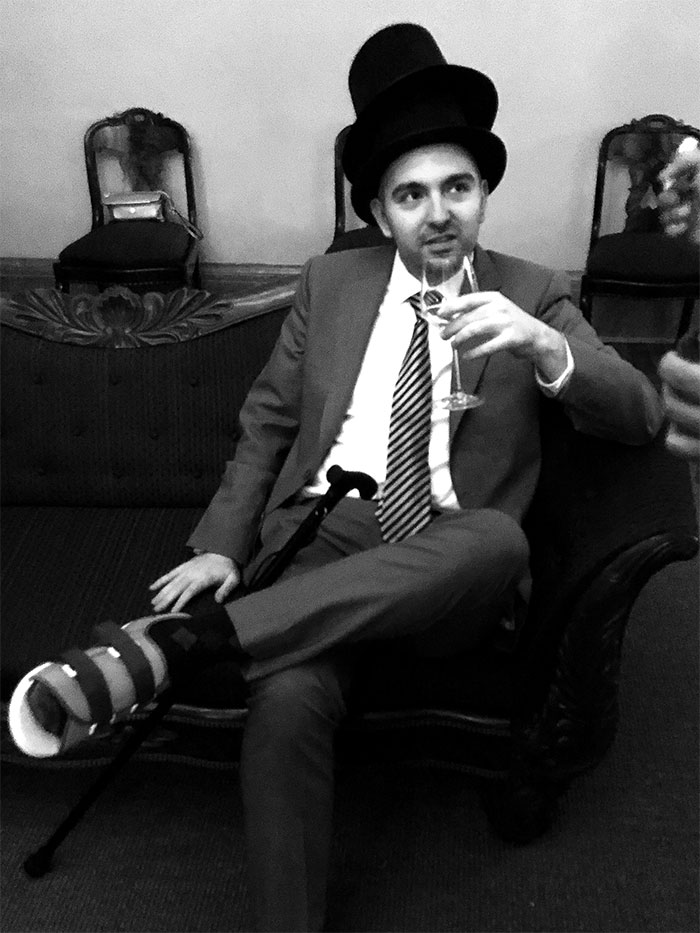A Voice of VR, Episode #951
Several weeks ago, I was invited to join Kent Bye’s podcast to discuss the state of U.S. privacy law. Kent’s Voices of VR Podcast is mandatory listening if one is interested in virtual reality and immersive technologies, and I’m a huge fan. Getting to geek out with Kent for a few hours was a personal treat.
We cover a lot of ground from the EU’s General Data Protection Regulation, the history of U.S. privacy law, and the ongoing state and federal debate about comprehensive privacy laws. I occasionally try to inject my own asides about the importance of biometrics laws and my concerns about invoking surveillance capitalism. The full episode is available here — and a citation-filled transcript is also available to download here.

